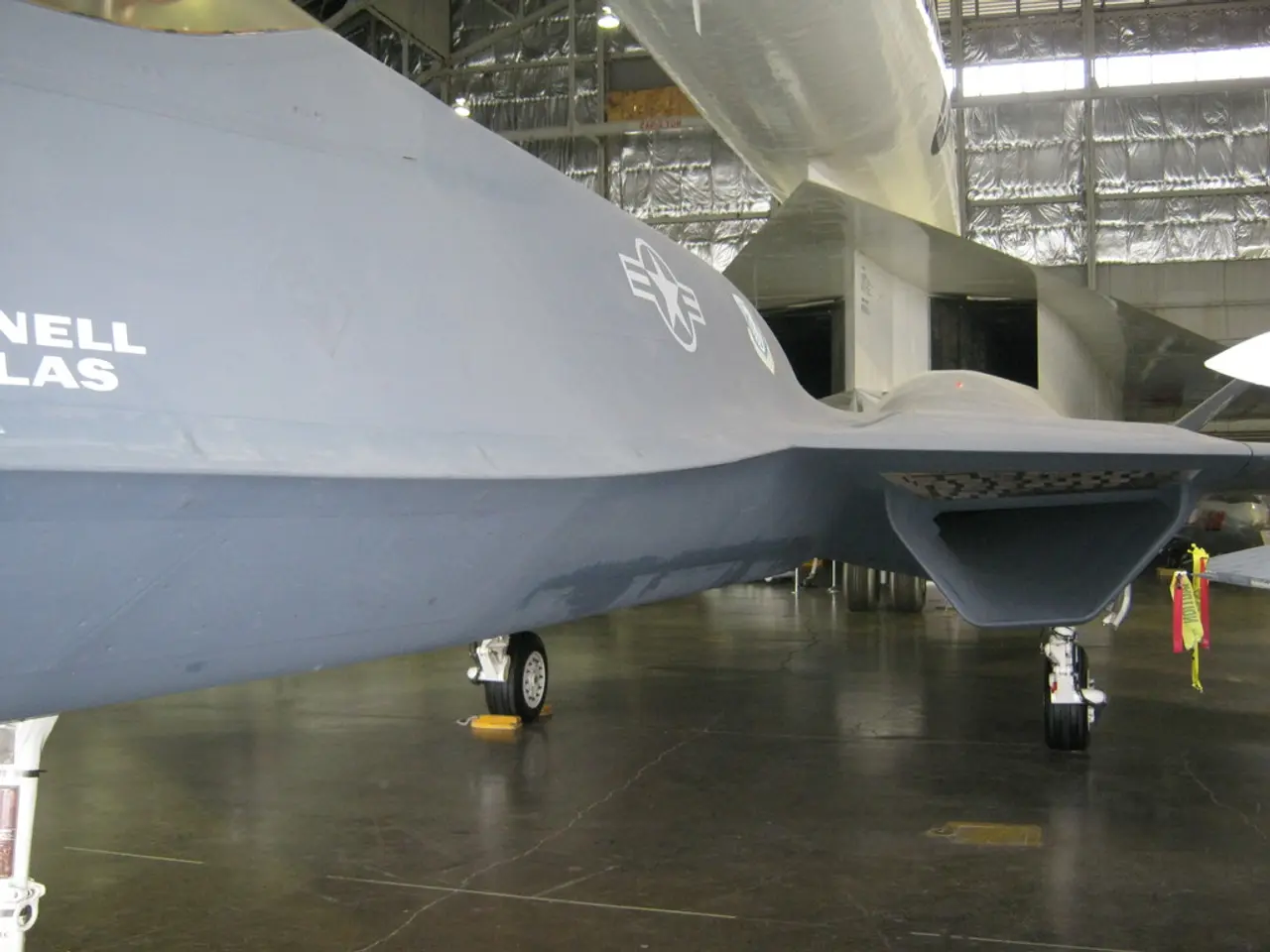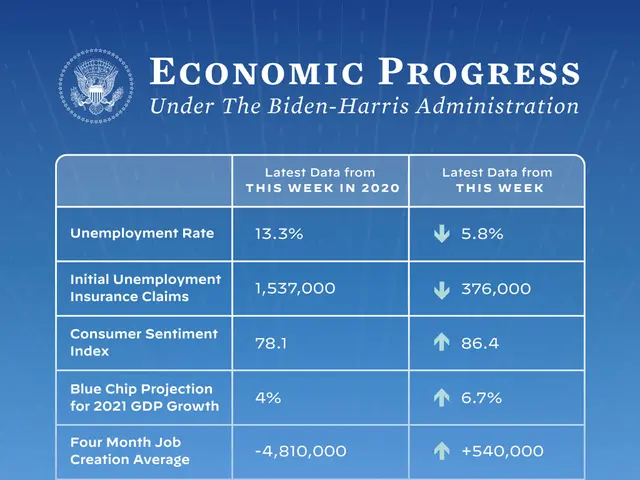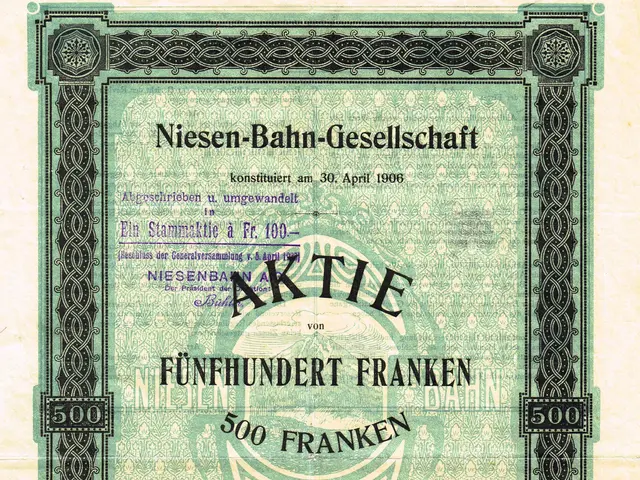Increased emphasis on artificial intelligence requires a careful consideration of both personalization and transparency
The airline industry is witnessing a significant transformation, with Delta Air Lines spearheading the change by expanding its AI-driven pricing model. This move underscores the growing influence of Artificial Intelligence (AI) in the hospitality sector.
As AI becomes more prevalent, it's crucial for the industry to tackle challenges related to transparency and trust. Predictive segmentation models, for instance, can identify passenger preferences and trends, enabling airlines like American Airlines, Southwest Airlines, and United Airlines to personalise recommendations and promotional offers. However, the success of such initiatives relies on providing fairness and clarity, as failing to do so can erode trust and make AI seem intrusive.
In fact, only 3% of airlines have no plans to invest in AI technologies. This shift towards AI raises questions about balancing digital progress with customer expectations and apprehensions. The use of AI in ticket pricing, in particular, is causing concerns due to potential biases and lack of transparency.
To alleviate these concerns, airlines should prioritise transparency by providing a clear breakdown of factors that influence ticket prices. For example, Delta's AI pricing model uses advanced algorithms to generate personalised ticket prices for individual travellers, but the airline also promises to make the factors influencing these prices clear to customers.
Moreover, the use of AI should not just be about generating revenue; it should be about fostering loyalty and providing value to passengers. Customer Data Platforms can help eliminate silos, consolidate data, and build complete, actionable profiles, enabling airlines to offer tailored interactions that customers appreciate.
The aviation sector is also using AI to personalise customer interactions, which can boost revenues. Delta plans to use its AI technology to determine 20% of ticket prices by the end of the year, a move that underscores the long-term potential of AI in the airline industry.
However, ethical issues, privacy concerns, and potential biases in predictive models must first be understood and addressed. Oversight agencies are increasingly monitoring AI usage in consumer industries, so airlines should adopt compliance frameworks to set a high standard for fair practices and avoid potential legal challenges.
The industry is currently navigating an adjustment period to AI-related glitches. Despite these challenges, the potential benefits of AI in the airline industry are clear. By addressing ethical concerns, ensuring transparency, and prioritising customer needs, airlines can leverage AI to create a more personalised, efficient, and value-driven travel experience.
Read also:
- Federal Funding Supports Increase in Family Medicine Residency Program, Focusing on Rural Health Developments
- Potential Role of DHA in Shielding the Brain from Saturated Fats?
- Alternative Gentle Retinoid: Exploring Bakuchiol Salicylate for Sensitive Skin
- Hanoi initiates a trial program for rabies control, along with efforts to facilitate the transition from the dog and cat meat trade industry.








